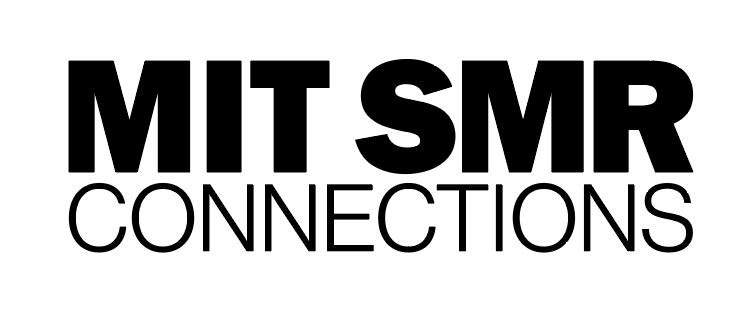We all know work looks different these days. Many companies are opting to stay remote-friendly for the long haul. And even those planning a return to the office are considering hybrid or more flexible options. For huge swaths of the workforce, the days of employees sitting at their desks from 9 to 5 are through.
But what you may not have considered is management needs to start looking different, too. Managers had to go from in-person to remote leadership overnight—and it wasn’t exactly a seamless, successful transition. As these new ways of working shift from a temporary situation to the new normal, it’s time to be strategic about the skills we should instill in managers.
Here are three skills that are going to be critical for post-COVID leadership—and how you can start developing them in yourself and your team.
1. Decentralized delegation empowers your team
Delegation has always been a valuable management skill, and yet, plenty of micromanagers still made it through the cracks. In a remote or hybrid workplace, there’s no room for this. You can’t be around to help your employees at all hours, and you don’t want to be a bottleneck that prevents them from moving forward if they’re working during a time you aren’t. It may feel counterintuitive, but you want your employees to need you for as little as possible.
Instead, the managers of today need to be great at empowering teams with vision and objectives, setting them up for success with the tools, skills, and information they need, and then stepping back and relinquishing some authority. I like to think of it as goal management over task management.
One way to start practicing this is the “I do, we do, you do” approach. Essentially, figure out what responsibilities are on your plate that are keeping you involved in things you shouldn’t be. Then, choose a team member to take over that responsibility. Do it together a couple of times, making sure to train them on any special skills or knowledge you have. After that, they’ll be ready to do it on their own, and you’ll be confident enough in their abilities to step out of the way. You can also use tools that help keep an eye on what your team is up to and any bottlenecks in their way such as ProcessLabs and Webex People Insights.
2. Asynchronous communication improves productivity
It seems like the remote or hybrid workplace should give everyone more time to do their best, most focused work—but we all know that hasn’t been the case. The biggest culprit? Meetings: Research has found that the number of meetings has increased by 12.9% per person since the pandemic started. My hunch is this is caused by managers who aren’t well-trained in communicating without being in a room together.
Meanwhile, at my company, we’ve found one of the best ways to support our employees’ productivity is to decrease meetings. In fact, by limiting meetings and mandating more breaks, we saw productivity jump by 26%.
The managers of the future will need to help their teams collaborate successfully, even when everybody isn’t working at once. That means being amazing at assessing the best ways to share information and building strong systems for asynchronous communication. For instance, we’ve replaced most of our informational meetings with well-written memos. This saves people time and gives the team valuable documentation.
The best way to start getting better at asynchronous communication is to always be asking yourself: Does this need to be a meeting? Or, is there a better way to collaborate on this? With time, you’ll learn new ways of working together as a team—and electing the best approach for each situation will become second nature.
3. Intentional recognition brings your team together
That’s right: Knowing how to celebrate is a skill. When you’re all in the office together, it’s easy to notice the hard work a teammate is doing and give them a quick congrats in the breakroom. But when everyone is working from different places or on different schedules, this can easily be overlooked. And while it may not seem like that big of a loss, lack of recognition is one of the top demotivators in the workplace.
Managers in remote or hybrid workplaces need to put serious thought into how they’re making sure employees feel seen for their hard work—and that the team as a whole is celebrating accomplishments. This is less a specific skill you can grow and more about the culture you cultivate. Some simple ways I’ve seen teams do this include:
- Have everyone share something they’re most proud of during a weekly team meeting. The general manager of our Freecell Challenge gaming platform has taken this to another level. He’s an amateur DJ, so he plays fun beats and sound effects after each team member speaks, making the meeting feel like a real celebration.
- Create a “wins” channel in your company chat where employees can drop things they want to celebrate about their teammates—or themselves!
- Have a weekly award tied to your company values that gets passed around the team, with a written explanation of why someone deserves it that week.
- Create celebration stickers. Saskia Ketz, founder of Mojomox, says stickers “are a fun way to let people collect and remember the impact they make at the company.”
- Or, do what Dan Rosensweig, CEO of Chegg (and my one-time boss) does: post a heartfelt note on LinkedIn, which doesn’t just recognize the individual internally, but also externally for the world to see.
There are so many ways to successfully approach each of these skills depending on your leadership style and company culture. Competitive advantages and happier teams await when you start cultivating these increasingly essential skills and abilities—whatever your new work setup might look like.





